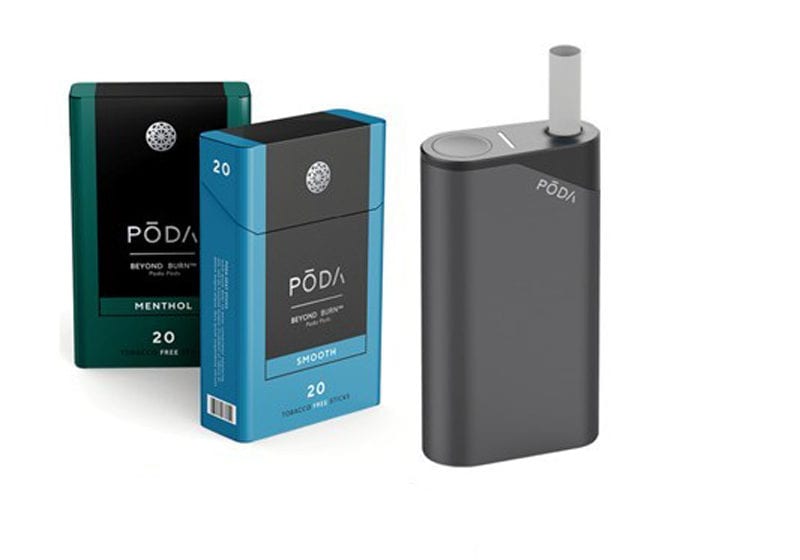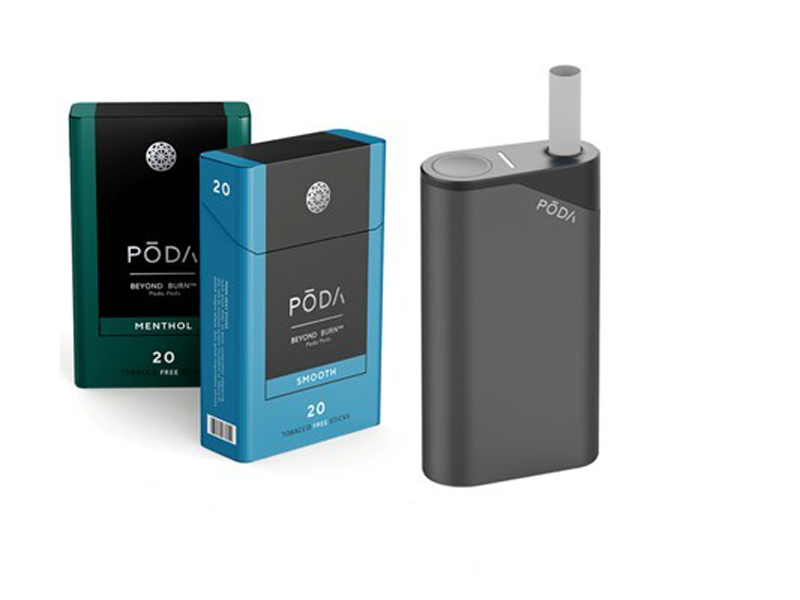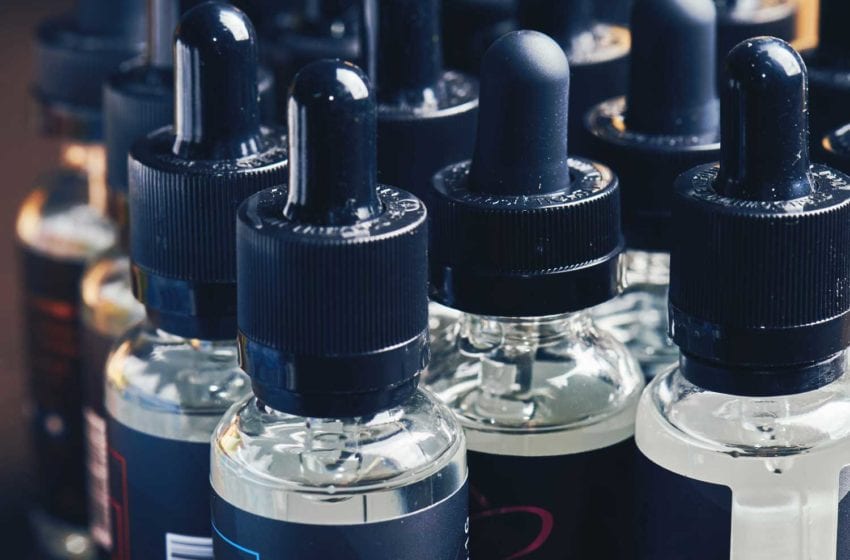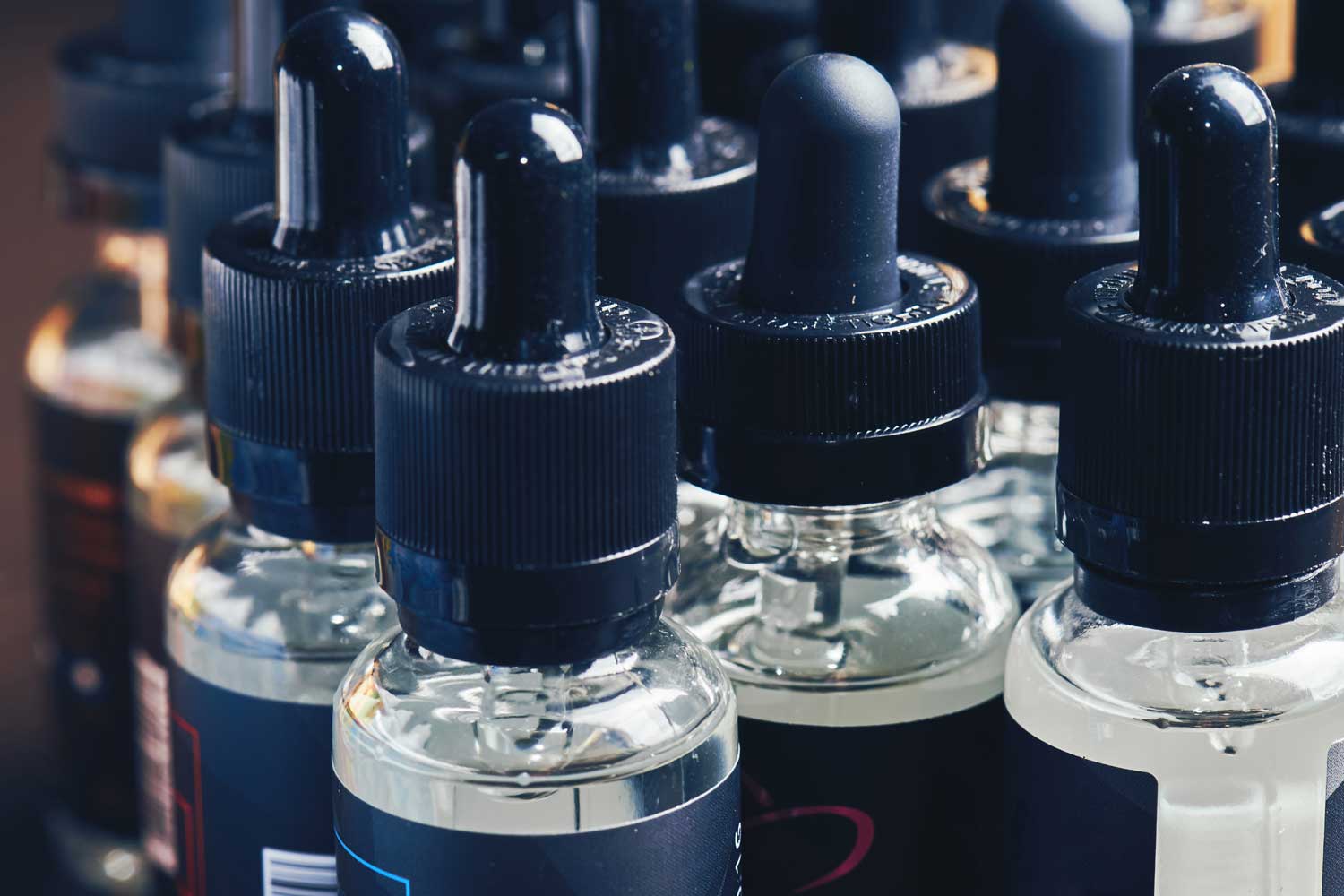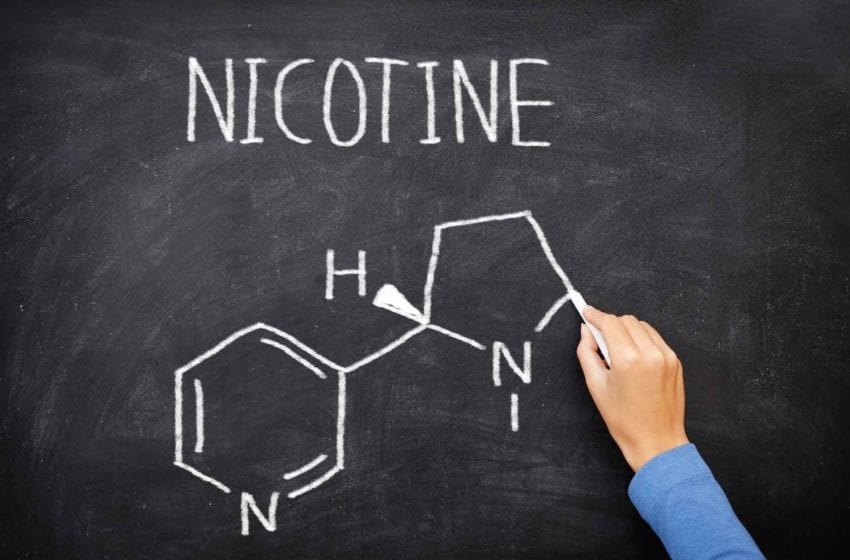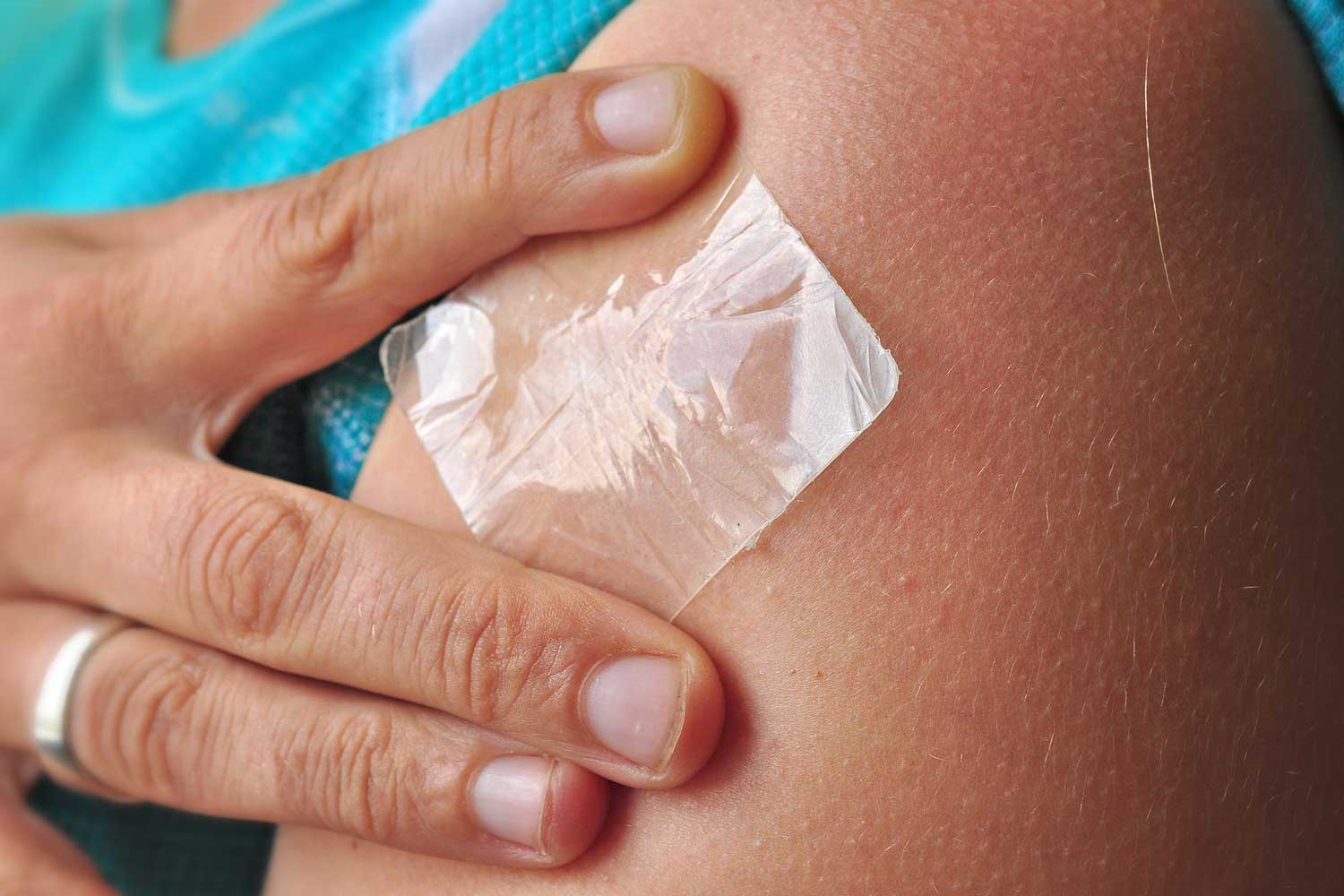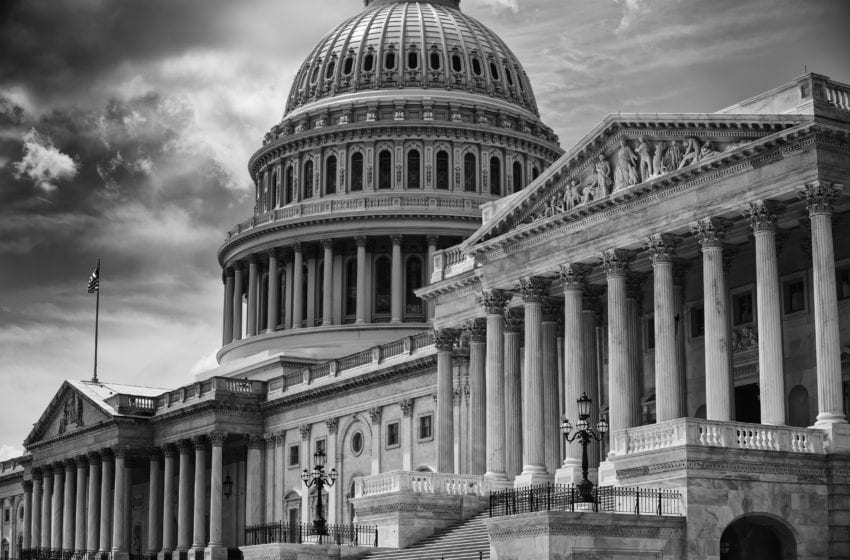E-cigarette stocks listed on the Stock Exchange of Hong Kong plunged in the afternoon session on Wednesday, following an official warning of that e-cigarettes can cause damage to consumer’s health. Shenzhen-based Smoore International, the world’s largest vaping device manufacturer, saw its shares slump nearly 20 percent on the exchange near the end of the afternoon session, before finishing down 17.1 percent.

By comparison, the benchmark Hang Seng Index gained 0.88 percent. China Boton Group, an vapor industry manufacturer also based in Shenzhen, lost 17.94 percent in Hong Kong trading, while Hong Kong-based Huabao International Holdings shed 7.69 percent, according to news in China’s Global Times.
The rout was triggered after the National Health Commission (NHC) on Wednesday unveiled a report on the health risks of smoking cigarettes, jointly with the World Health Organization’s (WHO) county office in China, which said that there’s sufficient proof that e-cigarettes are unsafe and harmful to health.
The country’s population of smokers has topped 300 million, with the smoking rate for those aged 15 and above standing at 26.6 percent and the percentage of male smokers hitting 50.5 percent, according to the report. Cigarettes claim the lives of more than 1 million people in the country per year. The annual number is estimated to rise to 2 million by 2030 and then to 3 million by 2050, assuming the absence of effective actions.
In 2016, a groundbreaking 200-page report that supports e-cigarettes as a tool to quit smoking and demolishes several vaping myths in the process was released by one of the world’s most prestigious medical organizations. The Royal College of Physicians (RCP), the most respected medical institution in the United Kingdom, concluded e-cigarettes are 95 percent safer than regular cigarettes and are likely to be hugely beneficial to public health.
Several other studies have found similar conclusions over the last five years since the RCP study was published. The WHO has long refused to see e-cigarettes as a harm reduction product.
Nonetheless, Hong Kong-traded BYD Electronic still posted a massive gain in the final hour of trading, soaring as much as 22.91 percent before ending up 11.73 percent, on reports that the company has finalized patenting its e-cigarette business, which is expected to begin mass production in June. Its parent company BYD closed up 2.39 percent in the Hong Kong market on Wednesday, while edging down 0.2 percent in the Shenzhen market.




